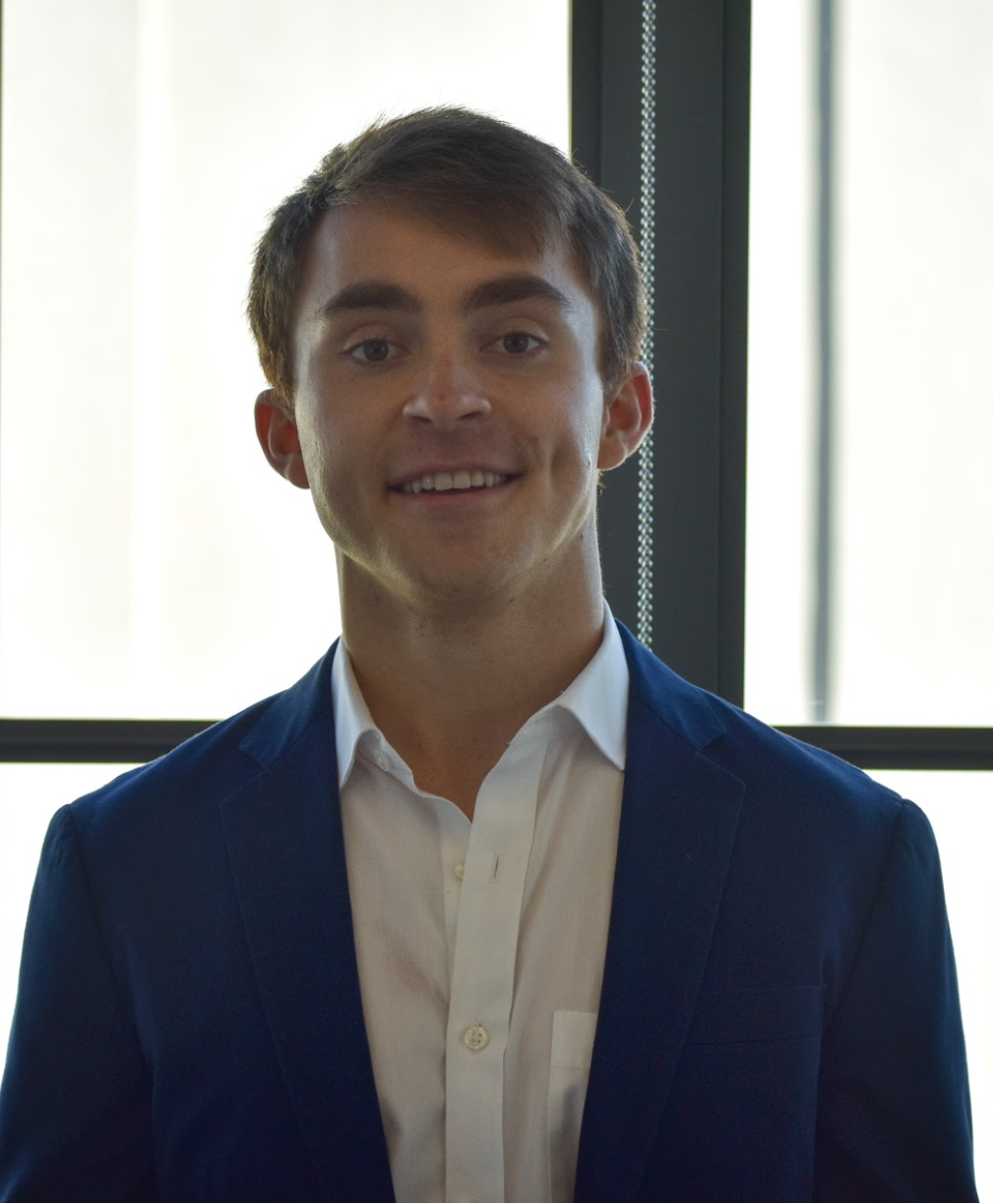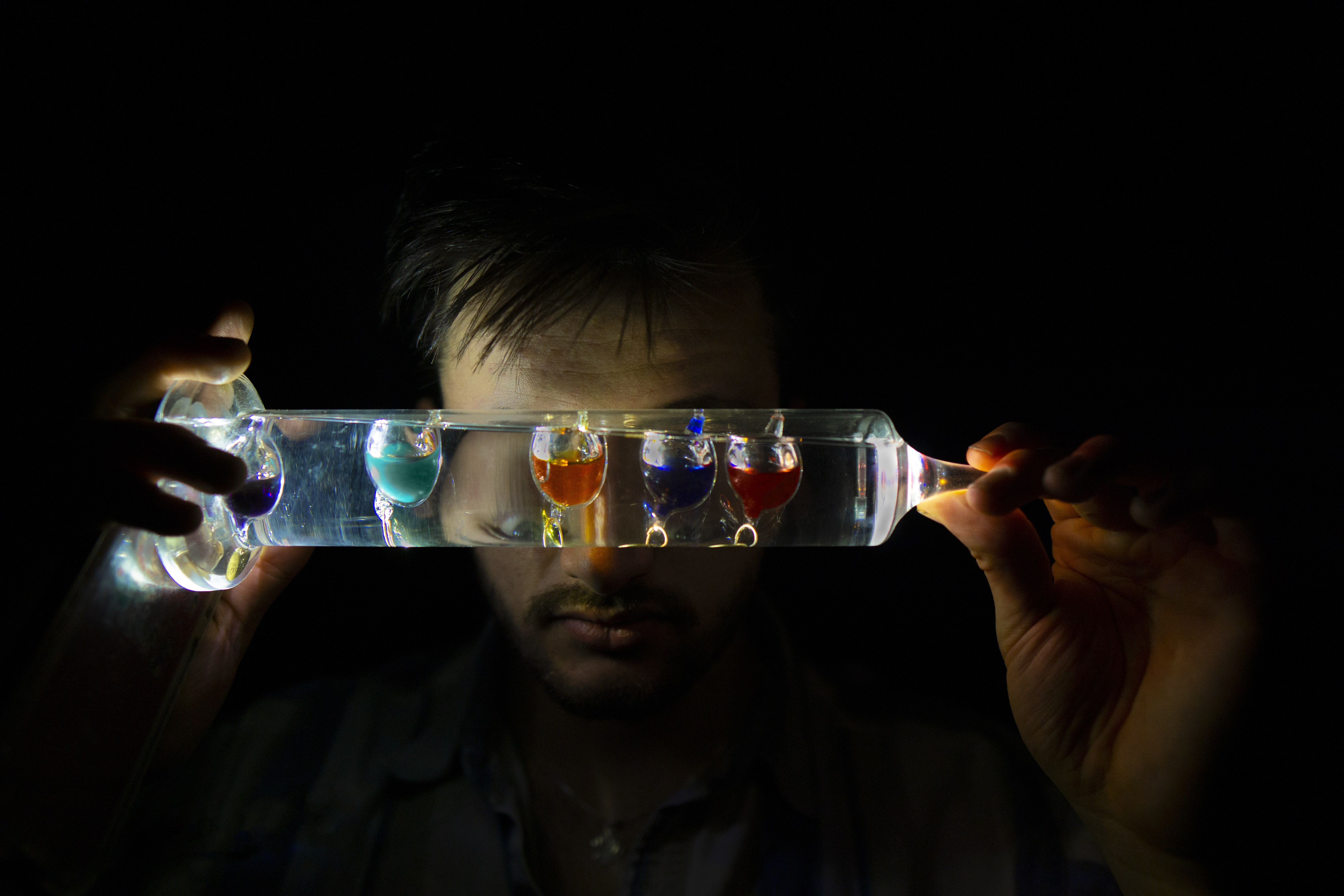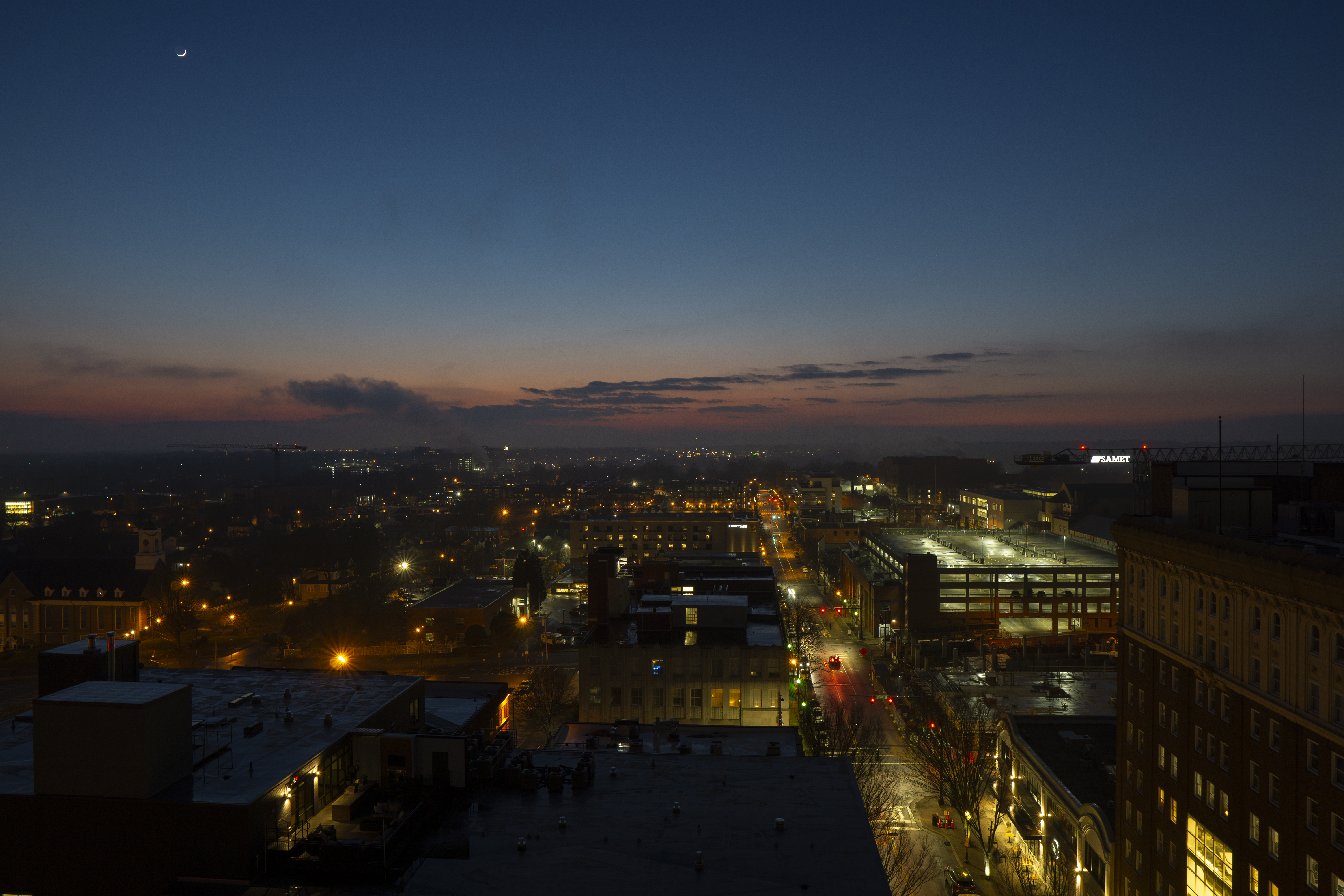Bryan Bennett
Proactive and curious engineering major at Wake Forest University with a passion for healthcare, artificial intelligence, biotechnology and software engineering. Natural leader with data analytics, interdisciplinary engineering, and business strategy experience who thrives in ambiguous environments that require bringing together people to solve technical and business challenges.
About me
 I was born in Chicago and grew up in both Austin and outside New York City. In my free time I love to travel, hike, surf, and draw.
The trait that most defines me is my curiosity. I am always obsessively researching something new. At a young age it was a fascination with space. I would spend all of my time researching other solar systems and galaxies and learning how information is gathered about the universe around us.
My next interest was consumer technology. I would break apart old phones and try to understand how they worked and what made the most successful products different. I loved jailbreaking iPhones and flashing ROMs on android phones so I could customize them and learn.
Once I got into high school my focus shifted to neuroscience, specifically psychopharmacology. I enjoyed researching how drugs affected the brain and how our minds are controlled by complex biological and chemical interactions. To this day I spend much of my time learning about the networks in our brain, and how technology can radically shift our treatment of mental illness and neurodegenerative diseases.
I was born in Chicago and grew up in both Austin and outside New York City. In my free time I love to travel, hike, surf, and draw.
The trait that most defines me is my curiosity. I am always obsessively researching something new. At a young age it was a fascination with space. I would spend all of my time researching other solar systems and galaxies and learning how information is gathered about the universe around us.
My next interest was consumer technology. I would break apart old phones and try to understand how they worked and what made the most successful products different. I loved jailbreaking iPhones and flashing ROMs on android phones so I could customize them and learn.
Once I got into high school my focus shifted to neuroscience, specifically psychopharmacology. I enjoyed researching how drugs affected the brain and how our minds are controlled by complex biological and chemical interactions. To this day I spend much of my time learning about the networks in our brain, and how technology can radically shift our treatment of mental illness and neurodegenerative diseases.
My most recent interest has been in healthcare technology. I love to learn about the biological systems that control our aging process and cognition, and how lifestyle changes, drugs, and programmable implants can change the relationship we have with our bodies. I am also interested in how software and artificial intelligence will disrupt how we study, detect, and treat diseases. This is the topic of my senior engineering capstone project, where my team and I are using image processing algorithms and deep learning to address the problem of subtype missclasification in Appendiceal Cancer. Our contributions have the potential to save countless lives, healthcare dollars, and valuable time for pathologists and surgical oncologists around the country.
Projects
Below are links to some of my academic and professional projects.
Computational Modeling
My favorite EGR course. Here I learned to use MATLAB to solve complex engineering problems using analytical and numerical methods.
Control Systems and Instrumentation
Building and testing circuits, signal analysis, and control systems.
Computer Systems I
Studied logic circuits and the software and mechanics of CPUs. Utilized C and x86-64 Assembly.
Data Structures and Algorithms
Learned how to design task-specific data structures to optimize the storage and retrieval of data.
Senior Capstone Project
Designed a deep learning CNN to classify Appendiceal Cancer subtype.
Other
Patience.


Landscape
Some of my best landscape shots. These scenes have been the most challenging for me to capture.

Still Life
My favorite shots of food, flowers, and other still objects. I got a new low-aperature lens recently and have been learning to better utilize depth-of-field.